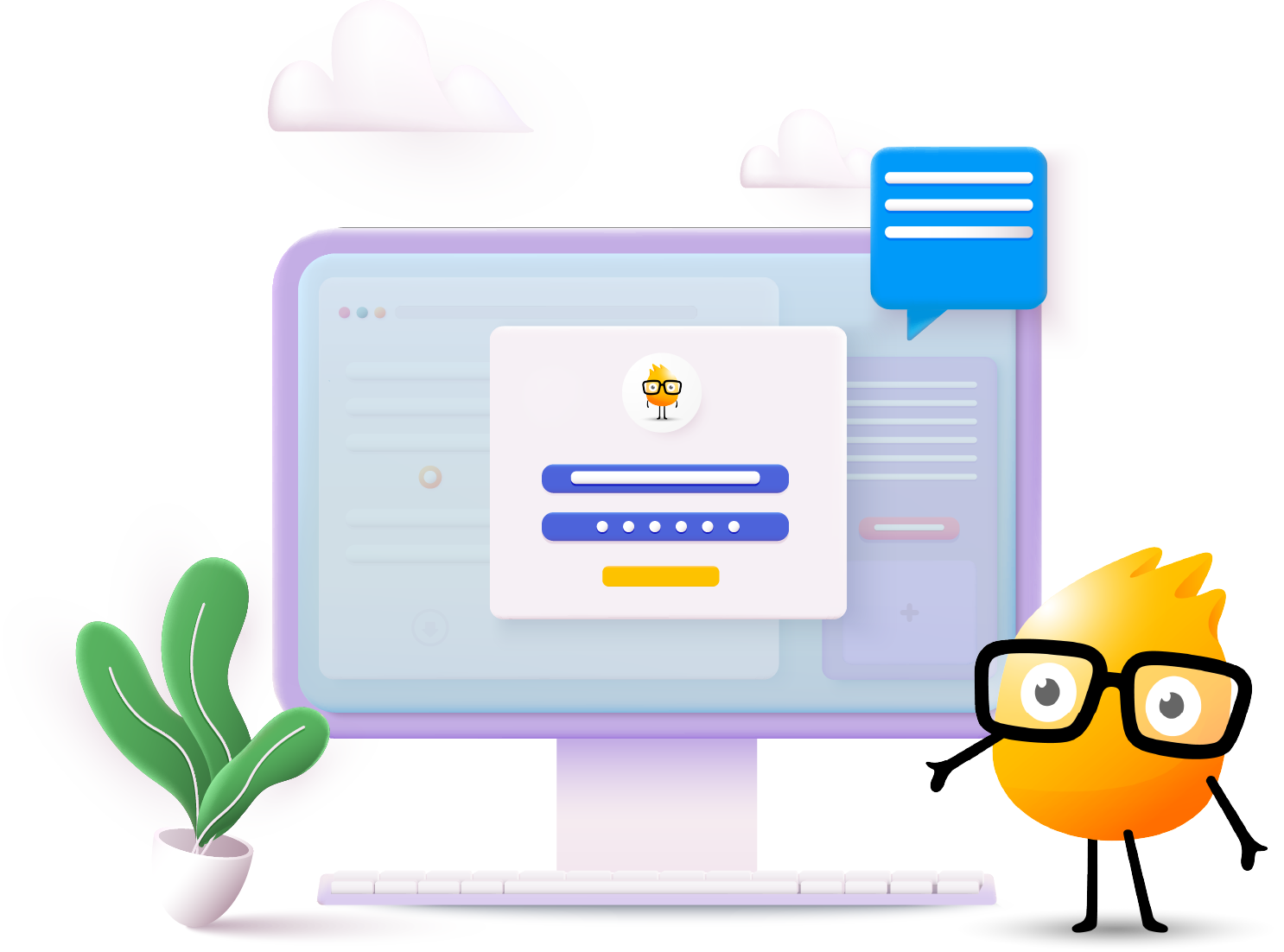

The information you’re trying to access is not available until you log into your learning platform. Please log in, click on the Help option in the navigation, and you’ll be able to access the information you’re trying to find.



The information you’re trying to access is not available until you log into your learning platform. Please log in, click on the Help option in the navigation, and you’ll be able to access the information you’re trying to find.

© 2024 Litmos US, L.P. and affiliates. All rights reserved.